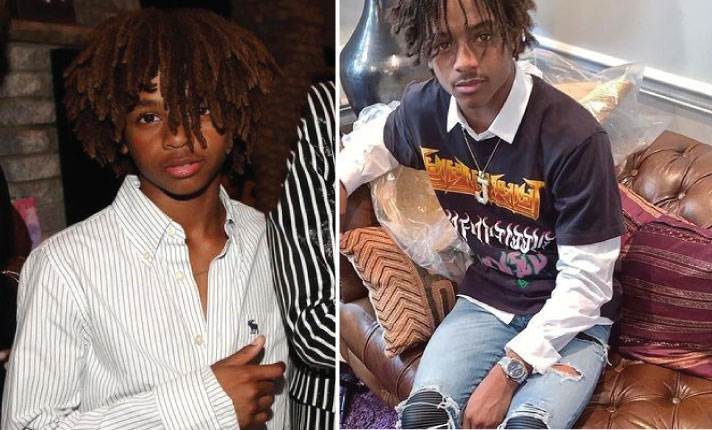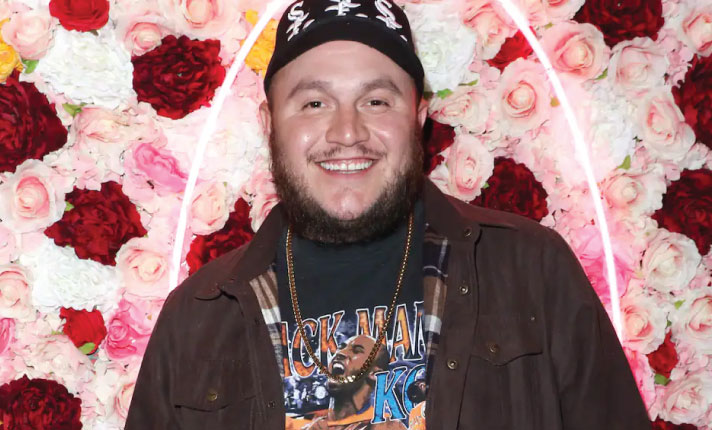During my childhood, I held a firm belief that Bob Ross was the most extraordinary painter to ever grace the art world. And my conviction was well-founded.
While you couldn’t witness Leonardo da Vinci painting the “Mona Lisa” on television, you could marvel at the talents of this unique man, his trademark Afro, and his ability to transform a blank canvas into a mesmerizing scene featuring shimmering lakes, snowcapped mountains, and of course, those famous “happy little trees,” all within thirty minutes.
Towards the conclusion of numerous episodes of his PBS series, “The Joy of Painting,” Ross would perform a daring act. Armed with a palette knife, he would slash at a tree trunk in the foreground—a move he affectionately termed a “bravery test.” To the viewers’ amazement, what could have been a disastrous move transformed into a stroke of genius as a newborn birch emerged, breathing life into the entire panoramic masterpiece. Voilà!
Certainly, Ross’s magnetic appeal extended far beyond his painting techniques. Whether you were painting alone at home or simply captivated by his show, Ross himself was the true star: his distinctive alfalfa-sprout helmet of hair, that soothing voice reminiscent of a gentle sea breeze, and his serene demeanor akin to Buddha’s tranquility. His reassuring mantra, “We don’t make mistakes – we have happy accidents,” served as a guiding light, nudging us toward our better selves. Much like Mr. Rogers, another gentle soul in the realm of public television, Ross exuded wisdom, warmth, and a purity that seemed almost otherworldly.
Tragically, Ross passed away in 1995 due to lymphoma, but his legacy has thrived. He has been immortalized in the nostalgia of the lo-fi eighties era, becoming a ubiquitous Internet meme and a satirical reference in popular media such as “Family Guy” and “Deadpool.” Additionally, he has become a whispered deity in the world of A.S.M.R. (Autonomous Sensory Meridian Response). In 2015, the entire collection of “The Joy of Painting” found a new home on Twitch, and a year prior, FiveThirtyEight delved into the series’ episodes, revealing delightful tidbits such as the fact that fifty-six percent of Ross’s televised paintings featured deciduous trees—a detail that simply feels good to know.
Devotees of Bob Ross and his saintly persona might find themselves taken aback by the title of a new Netflix documentary premiering today: “Bob Ross: Happy Accidents, Betrayal & Greed.” The trailer, shrouded in noirish tones, only adds to the intrigue. To compound the unease, the director, Joshua Rofé, previously delved into the unsettling story of Lorena Bobbitt. One might ponder, “What on earth did Bob Ross do? Can’t we have any truly good men?” The documentary, true to its crime genre, possesses all the familiar elements:
As it appears, the root of the issue lies in the handling of Ross’s legacy after his passing, spiraling into a prolonged legal tangle. Following his demise, Ross’s brand, contrary to his final wishes, fell into the hands of a couple named Annette and Walt Kowalski, his former business partners. They played a pivotal role in propelling him to fame in the early eighties and subsequently seized control of Bob Ross Inc. (BRI). According to Steve Ross, his father’s name and image were ruthlessly exploited by the Kowalskis, a stark betrayal of the painter’s dying wishes.
The documentary paints a damning picture of the Kowalskis: ruthless, parasitic, overly litigious, and, perhaps most shockingly, excessively commercial. On the official Bob Ross website, a slew of merchandise is available, ranging from Bob Ross bookmarks and coffee mugs to Christmas ornaments, waffle makers, and even a Bob Ross-themed Monopoly board. As depicted in the film, Steve laments, “They care about control. They want to own the whole dang kit and caboodle.” This stark revelation sheds light on the darker side of a once-beloved legacy.
In the documentary, the Kowalskis remained conspicuously absent, offering only a terse statement denying any fractures in their relationship with Bob Ross or the alleged affair between Annette and Bob, as asserted by Steve. Instead, their defense came in the form of a handwritten memo from 1993, penned by Ross himself, where he sought Walt Kowalski’s input on plans for a live show in Branson, Missouri.
The memo outlined ambitious merchandising proposals, including branded toothbrushes, relaxation tapes, and soap-on-a-rope. It was a stark contrast to the wholesome image Ross had portrayed on screen.
Interestingly, BRI, now under the helm of the Kowalski’s daughter, Joan Kowalski, shared a different perspective. In a video from 2019, she jovially remarked, “The idea of socks and toasters and waffle makers, he would have loved.” The ambiguity in Ross’s intentions regarding commercializing his brand raises intriguing questions about the man behind the canvas and the complexities of his legacy.
From a legal standpoint, the ownership of the Bob Ross franchise was officially settled in 2019 when Steve’s company lost a lawsuit against BRI and lacked the financial means to mount an appeal. In the documentary, Steve Ross alleges that, during his father’s final moments, the Kowalskis exerted pressure on him to relinquish his father’s name and likeness. Despite this pressure,
Ross adamantly refused. In a possible defensive move, Ross, while critically ill, hastily married his third wife, Lynda, a nurse he had known for only a brief period. Steve vividly remembers his frail father, weighing a mere eighty-five pounds, screaming over the phone—an unusual sight for a man not given to shouting—“You’re not getting my name!”
Following Ross’s passing, a legal battle ensued. BRI filed a lawsuit against Lynda and Ross’s half-brother, Jimmie Cox, claiming ownership of paintings and physical items, including the palette Ross used on television. According to documentary records, Ross had entrusted the majority interest of his trust to Cox, who subsequently handed it over to the Kowalskis in 1997. Interestingly, Cox chose not to participate in the documentary, citing his fear of legal reprisals.












